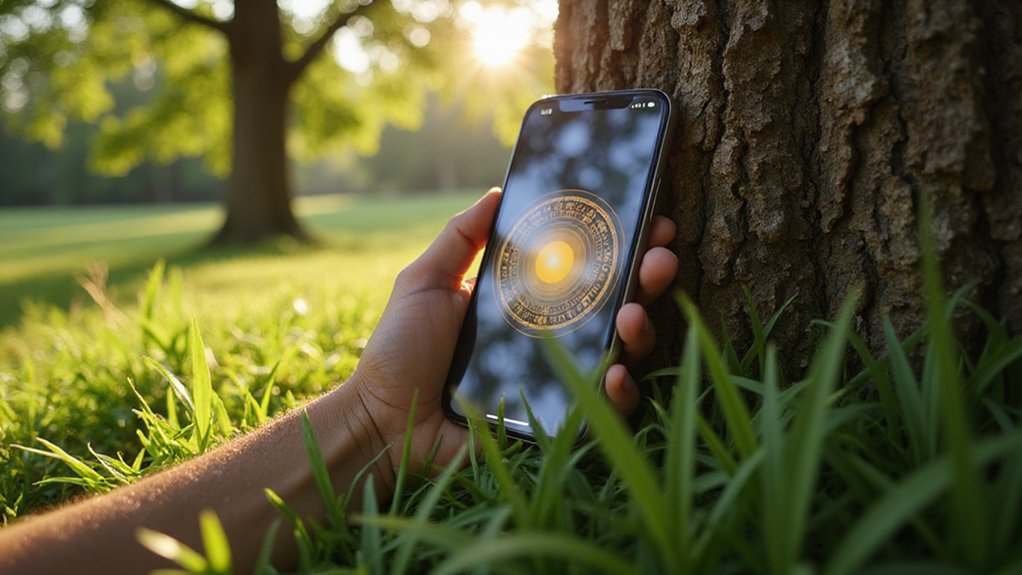While most tech entrepreneurs pivot toward artificial intelligence or cryptocurrency ventures, Jack Dorsey—co-founder of Twitter and CEO of Block—has turned his attention to an altogether more elemental concern: optimizing human exposure to sunlight. His latest creation, “Sun Day,” represents a peculiar departure from the digital domain’s increasingly abstract offerings, focusing instead on the decidedly analog practice of stepping outside.
Jack Dorsey’s Sun Day app champions analog sunlight exposure over digital abstraction, marking a peculiar pivot from Silicon Valley’s indoor-centric orthodoxy.
The app operates through invigoratingly simple mechanics: users manually toggle sessions on and off, recording their solar exposure periods like punch cards for photosynthesis. This manual approach challenges the prevailing tech orthodoxy of passive automation, requiring users to consciously engage with their environment rather than relying on sensors to detect ambient light conditions. The deliberate rejection of seamless integration feels almost quaint in an era where devices anticipate our needs before we recognize them ourselves.
Sun Day’s underlying methodology employs multifactor scientific models to estimate vitamin D synthesis, incorporating user variables including age, skin tone, and clothing choices. The system integrates geographic UV index data with Apple Health records, creating personalized exposure recommendations grounded in conservative safety calculations. The app displays environmental data including cloud cover, sunrise, and sunset times to provide comprehensive weather context. Users can select from six skin types to further customize their sun exposure recommendations. Future iterations promise refinements based on height, weight, seasonal variations, and potentially actual blood test results—a progression toward precision that mirrors traditional pharmaceutical development cycles.
The app’s development utilizing Block’s AI assistant Goose presents an amusing paradox: artificial intelligence enabling more authentic human-nature interactions. Currently available through Apple’s TestFlight beta program, the platform solicits user feedback while maintaining open-source transparency via GitHub repositories.
Beyond its technical specifications, Sun Day addresses broader public health implications surrounding vitamin D deficiency—a condition affecting roughly one billion people globally, according to various medical studies. The app’s conservative algorithmic approach prioritizes user safety while encouraging appropriate solar exposure, potentially disrupting conventional supplement markets through data-driven behavioral modification. As tech companies increasingly explore blockchain technology for various applications, Dorsey’s focus on analog human experiences presents an interesting contrast to the digital-first mindset dominating Silicon Valley.
Whether this venture succeeds commercially remains uncertain, but Dorsey’s willingness to champion deliberate, manual engagement over automated convenience signals a notable philosophical shift. In an industry increasingly detached from physical reality, developing technology that literally encourages users to touch grass represents either visionary leadership or an elaborate commentary on Silicon Valley’s indoor-centric culture.









